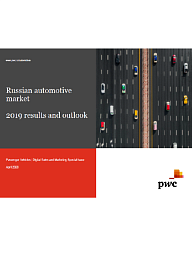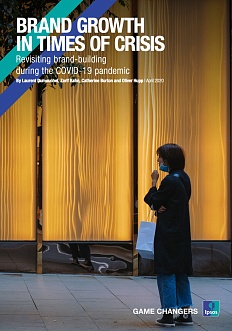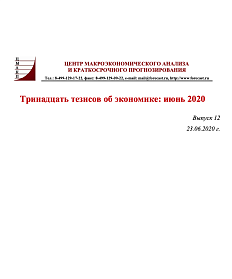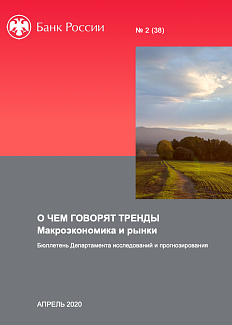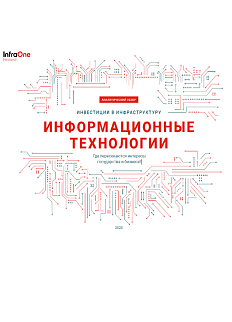PwC experts provide in their key data characterizing the current state of the Russian automotive industry, as well as provide forecasts for its development. As one of the key trends, the process of digitalization of sales of passenger cars and related circumstances is considered in detail.
Analysts of the Roscongress Foundation have identified the main theses of this study, accompanying each of them with a relevant piece of video broadcasts of panel discussions held as part of the business programs of key events held by the Foundation.
The Russian automotive industry showed multidirectional trends in 2019.The quantitative indicators of the Russian passenger car market decreased in 2019 compared to 2018. Thus, sales of new cars decreased by 2.3% from 1669 thousand units to 1631 thousand units. At the same time, the biggest decrease took place in the largest segment ? foreign models assembled on the territory of the country (- 4.7%).
However, the cost indicators rose:
• new car sales increased by 6.9% from RUB 2.3 trillion. up to 2.5 trillion rubles;
• in dollar terms, growth amounted to 3.7% (USD 37.8 billion in 2018; USD 39.2 billion in 2019);
• the average cost of a new car sold increased in 2019 (in the segment of foreign models assembled in Russia, this growth was 16%).
Video: https://roscongress.org/sessions/kachestvo-kak-osnova-konkurentosposobnosti/search/#00:50:32.575
In both scenarios for the development of the Russian passenger car market, a decline in new car sales in 2020 is forecasted.PwC analysts have developed two scenarios for the development of the Russian automotive market. Taking into account stress factors, including the state of the oil market, the severity of quarantine measures, the volume of government support for the industry, the development of online sales, etc., and without taking into account stress factors based on a general analysis of macroeconomic indicators.
Both scenarios assume a decrease in the number of passenger cars sold in 2020: excluding stress factors by 3.5%, taking into account stress factors by 29.8%. Which will lead to the lowest value of this indicator in the last 10 years. Even without taking into account stress factors, according to PwC forecasts, the number of cars sold will not reach 2011-2014 indicators in the future until 2026.
Russian automotive industry is actively moving towards the digitalization of passenger car sales.The overwhelming majority of sales now combine the traditional offline approach and online track. In the future, more and more stages will take place primarily online. At the same time, the pre-sale stage, which takes up most of the time of buying a car for a client, can reduce to a minimum the need for personal visits to dealerships. In order to intensify the digitalization of the sale of passenger cars, it is necessary in the future:
• to strengthen the interaction of manufacturers and dealers in terms of improving the customer experience of choosing and ordering a car;
• to simplify the process of online registration of loans and insurance as much as possible;
• redefine services directly related to the car, such as test drive and car delivery, including but not limited to car delivery to the client.
Minimizing personal contact with the client requires significant changes in the business model of sellers, including a large amount of data analysis, modeling of consumer behavior and preferences, revision of logistics solutions, etc.
We also invite you to familiarize yourself with other materials posted in special sections of the Roscongress Information and Analytical System StayHomeEconomy, Automotive Industy and Digitalization, devoted to possible ways to stabilize the economy in a pandemic, as well as the development of the automotive industry.


